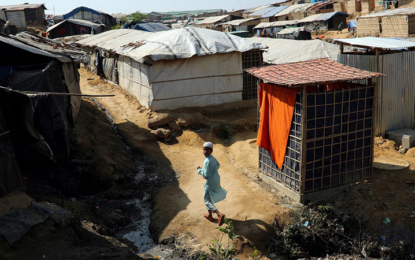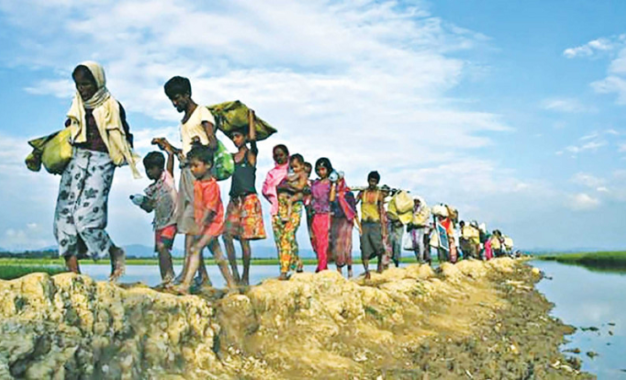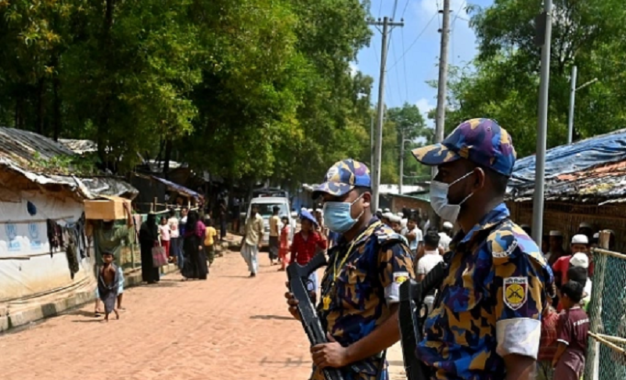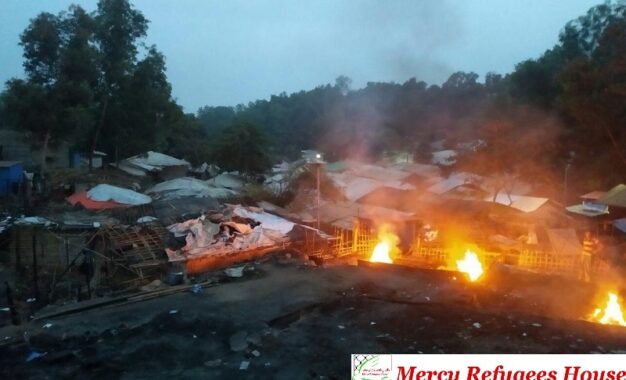Latest News
Rohingya, Geopolitics and Myanmar: An Uncertain Future
Bangladesh, Documents, Education, Help Refugees, Human Rights, Myanmar, Refugees Issues, Religious Rights

That the Rohingya community (mostly Muslims) has been subjected to the most acute form of societal scorn and institutionalised discrimination in their own country for decades is all too well-known. The situation started getting bad in the late 1970s, when more than 200,000 Rohingyas were driven out of their homeland in Myanmar’s Rakhine (originally Arakan) state by the country’s military government, and were forced to take shelter across the border in Bangladesh. Their eventual return was ensured through negotiations between the two countries.
But in 1982, Gen Ne Win’s government took the drastic and most undemocratic step of stripping the Rohingyas of their citizenship, even refusing to recognise their ethnic identity and, instead, describing them as “Bengali Muslims.” A new wave of expulsions followed in the early 1990s, when a similar number of Rohingyas were driven out of Rakhine to Bangladesh. Protracted negotiations, this time with the United Nations’ involvement, ensured voluntary repatriation of a majority of them.
Even after the elected government of Aung San Suu Kyi assumed office in 2016, albeit with seriously curtailed powers under the military-crafted constitution, there was no visible movement on determining the status of the disenfranchised Rohingyas. Instead, a new threshold was reached in August 2017, when the Myanmar military, using Suu Kyi as a cover, launched a concerted campaign against the Rohingyas with rampant murder, rape, torture and arson, causing more than 700,000 Rohingyas to flee to Bangladesh. UN Secretary General Antonio Guterres described the genocidal acts as “a textbook case of ethnic cleansing.”
Bangladesh demonstrated extreme generosity by sheltering the Rohingyas fleeing death and destruction at home. Over the last five-plus years, Myanmar has made no tangible move to even signal a possible repatriation of the persecuted lot. The one thing that has changed in Myanmar, though, is the forceful and undemocratic removal of Suu Kyi and the re-elected National League for Democracy (NLD) by the military, who then went on to assume complete power in the country.
Amazon Sponsorship
Recent Posts
Jul 29, 2023
It has been close to six years since hundreds of thousands of Rohingya faced a deadly genocide by Myanmar’s military and fled the country in search of protection and refuge in neighbouring Bangladesh. The Rohingya population has been undergoing persecution, discrimination, arbitrary arrests, and atrocities in Myanmar for over seven decades. Their condition is alarmingly […]


















